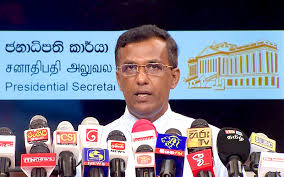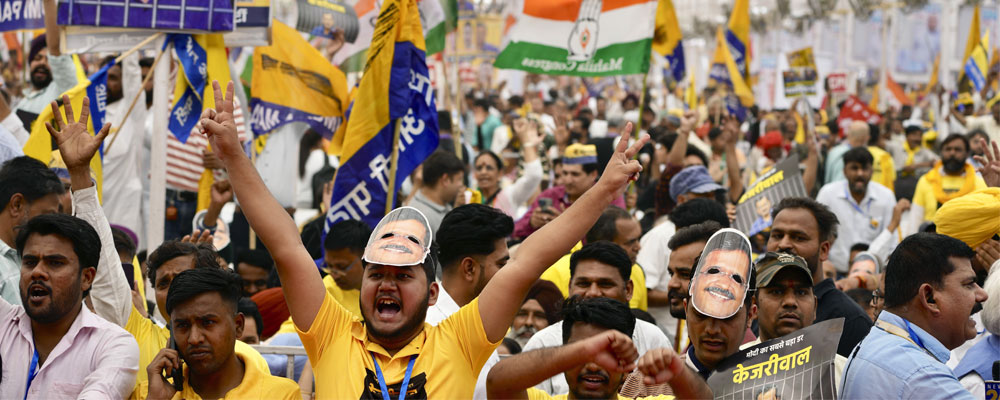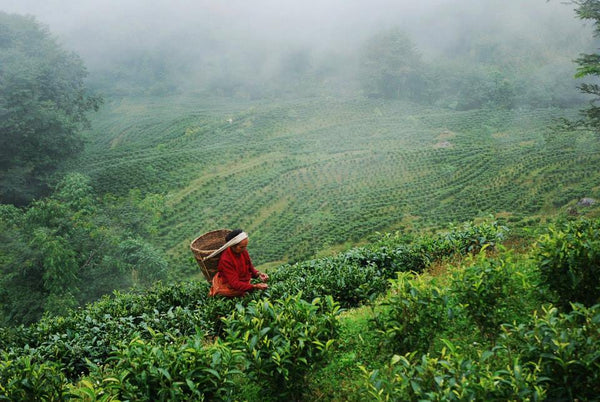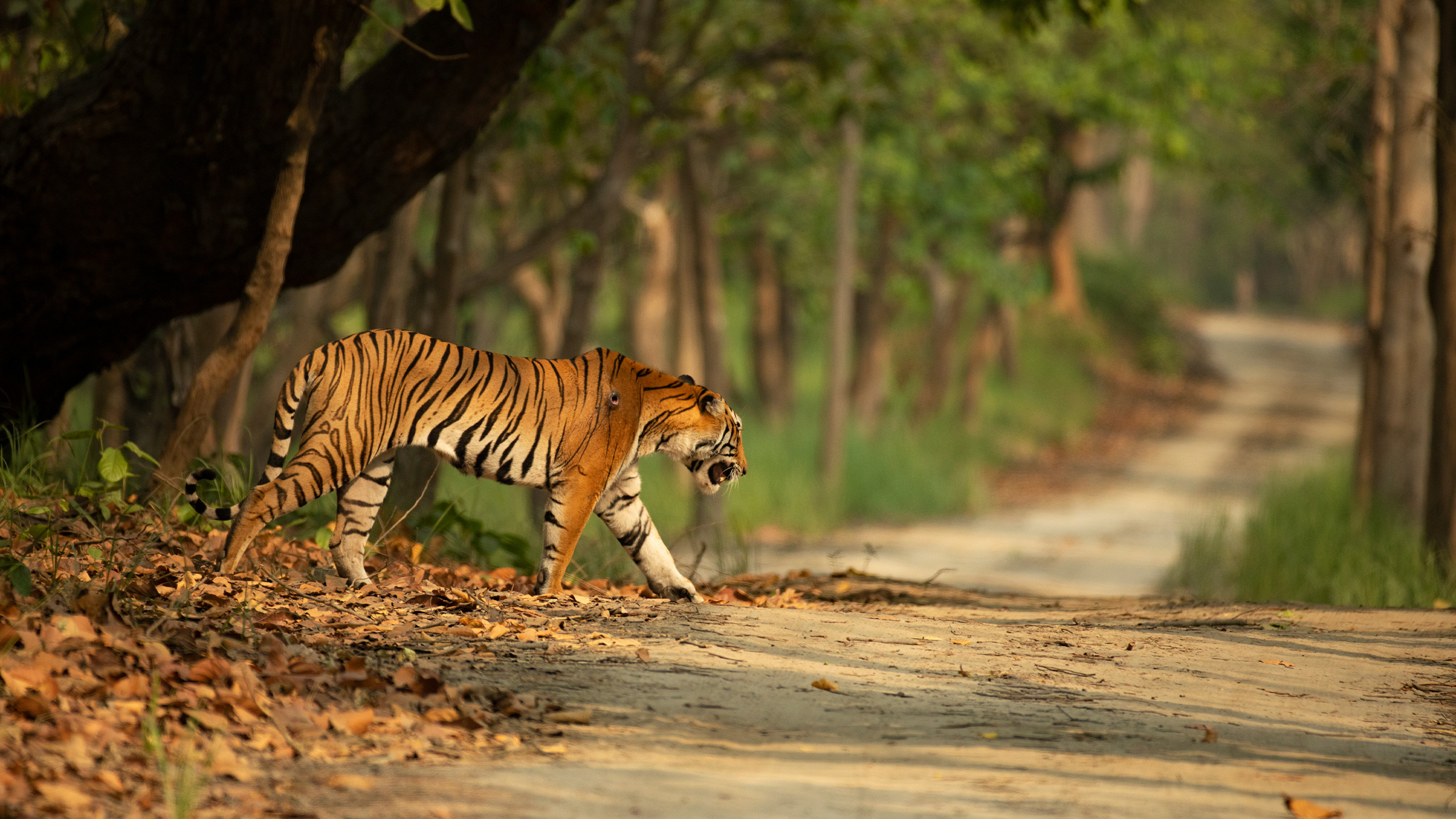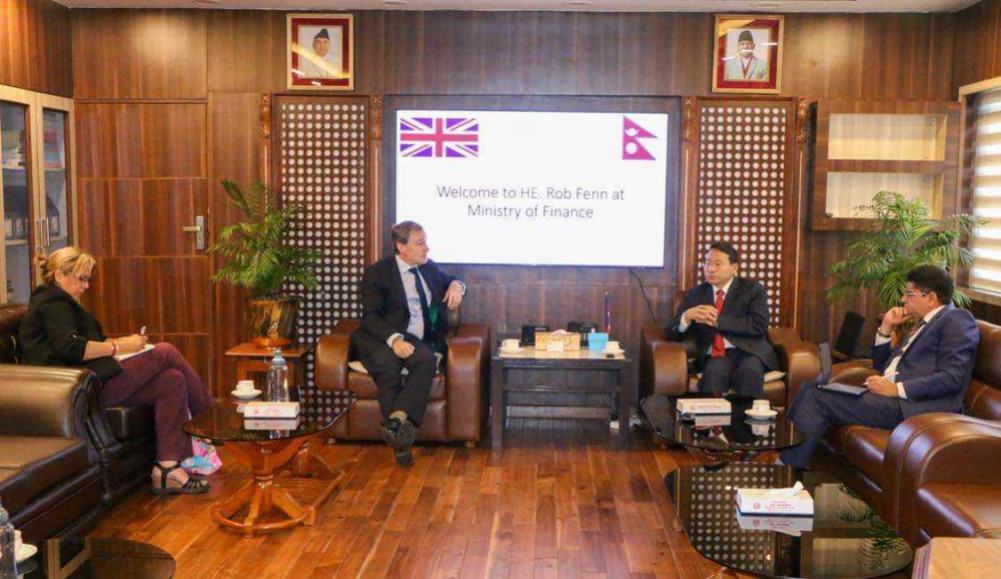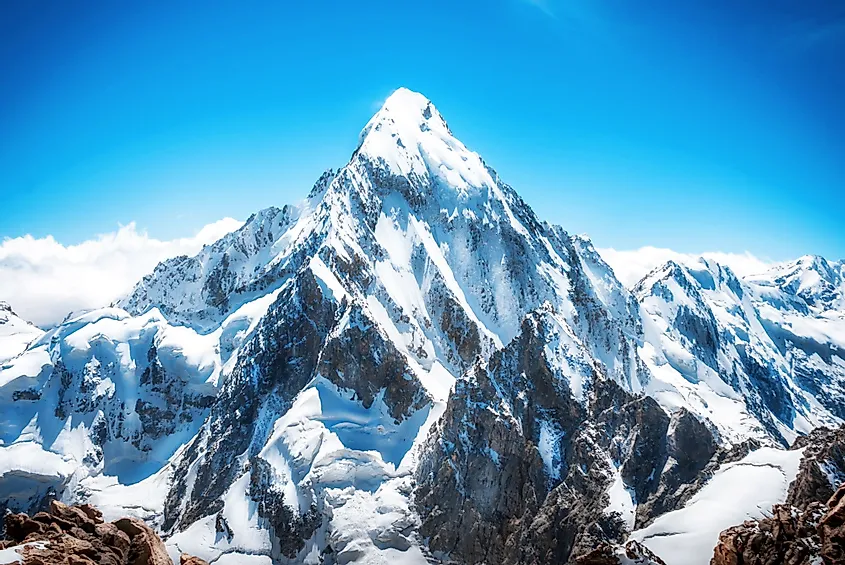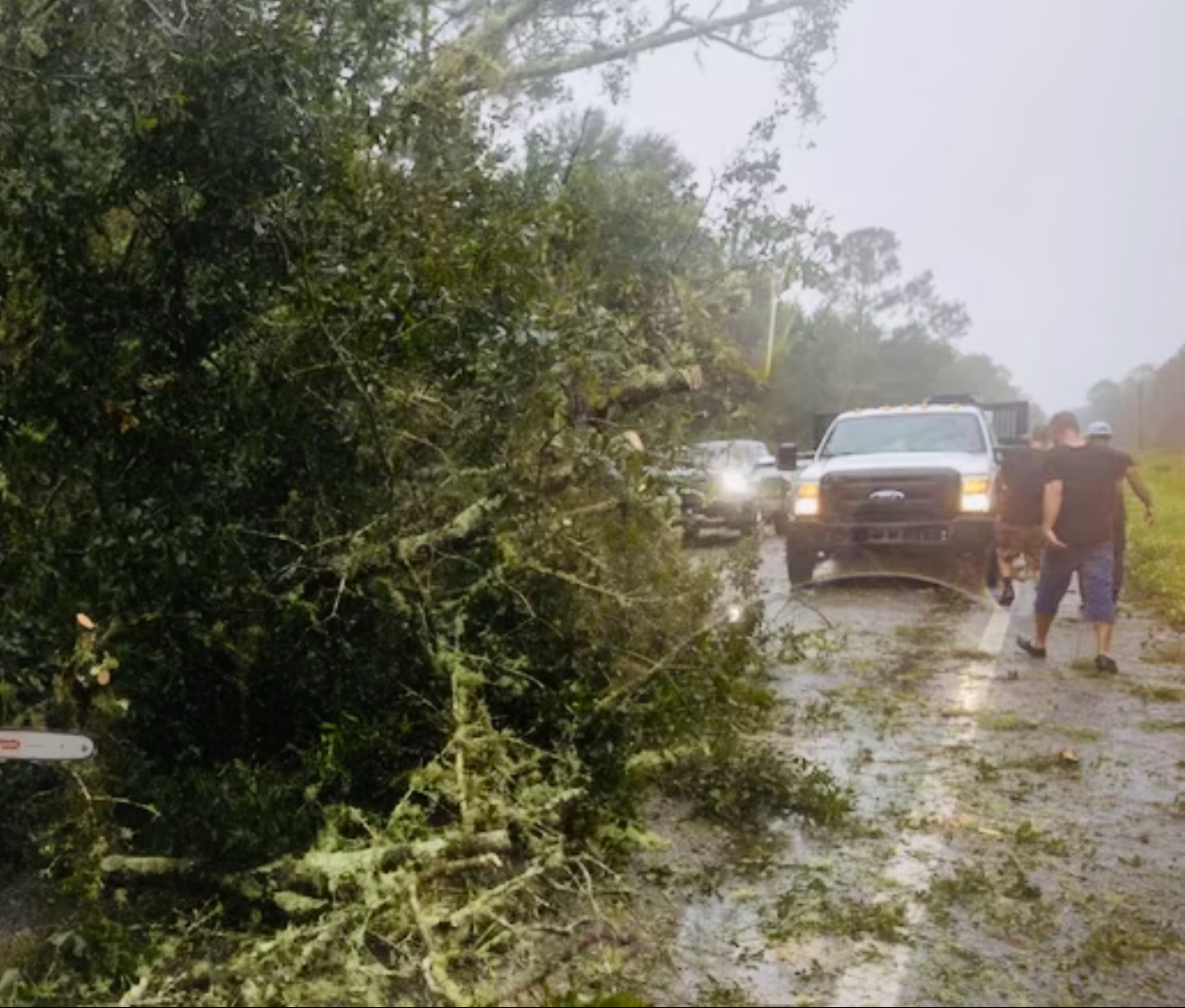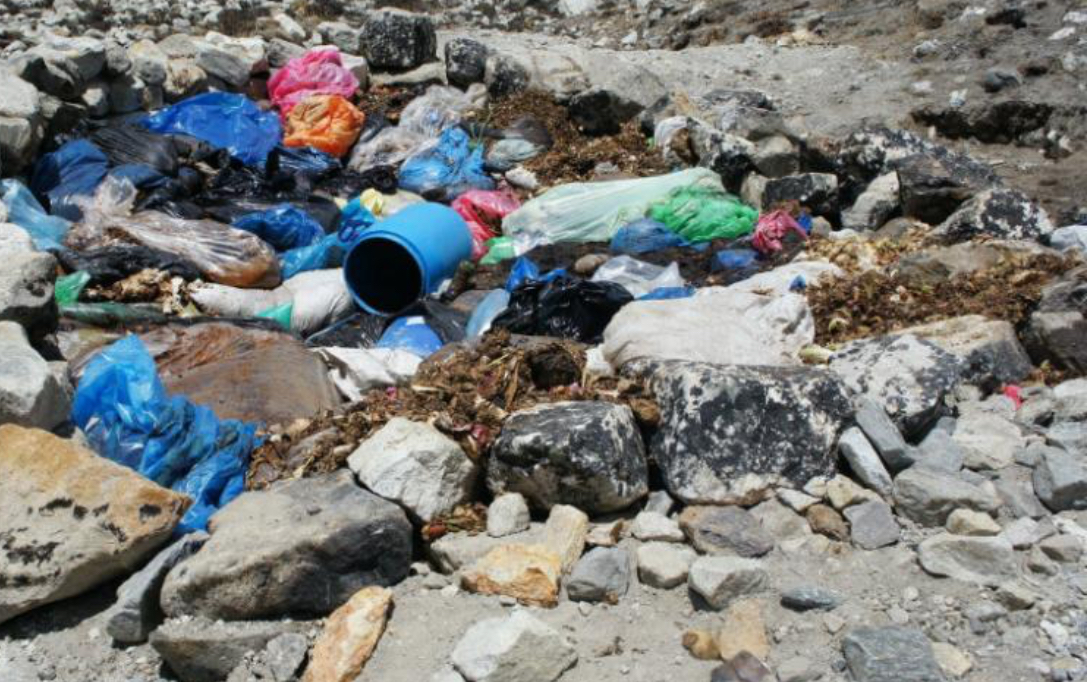Kathmandu — In a significant upheaval within the global tea market, Chinese tea buyers are wielding influence over the trade dynamics between Nepal and India, leading to repercussions for the renowned Darjeeling tea industry.
The conflict arises from the infiltration of counterfeit Darjeeling tea into the market, facilitated by the influx of cheaper Nepalese tea. The unique geographical features of Darjeeling and Nepal’s hilly terrain, along with similarities in climate and altitude, have made Nepalese tea an appealing substitute for the authentic Darjeeling tea, often dubbed the “champagne” of premium teas. There are some alternative branding of Nepalese tea such as “Tea from Mt. Everest, top of the world” are also bringing attention of the tea lovers around the world.
Recent data from the Nepalese Ministry of Commerce reveals a stark contrast in the pricing strategies of Chinese and Indian buyers. Chinese buyers are reportedly paying significantly higher prices for Nepalese tea leaves compared to their Indian counterparts. This stark disparity in pricing is altering the trade dynamics, with Chinese traders offering more lucrative deals to Nepalese growers.
Gaurab Luitel of the National Tea and Coffee Development Board in Nepal highlights the impact of these pricing variations, suggesting that Chinese buyers’ willingness to pay higher rates will reduce the flow of counterfeit Darjeeling tea into India.
However, while Chinese support offers a lifeline to Nepalese growers, it exacerbates the challenges faced by Darjeeling tea producers. The traditional method of processing Nepalese tea leaves in Indian facilities is undergoing a transformation, with Chinese involvement leading to the adoption of Chinese tea-making techniques.
Joydeep Phukan, secretary of the Tea Research Association in India, elucidates how the economic landscape has shifted, with Chinese investment bolstering Nepal’s tea industry while escalating production costs for Darjeeling producers.
The ramifications are evident in the dwindling production figures of Darjeeling tea estates, which have witnessed an 11% decline in output. Factors such as stringent labor laws and adverse effects of climate change have compounded the challenges faced by Indian tea estates, making them less competitive against their Nepalese counterparts.
Sparsh Agarwal of Selim Hill Tea Garden in Darjeeling underscores the cost disparity, estimating that production costs in Nepal are a fraction of those in India due to varying labor requirements. This cost imbalance has placed Darjeeling producers at a significant disadvantage in the fiercely competitive market, the Financial times Reprots.
The COVID-19 pandemic exacerbated the situation, with a worker strike in Darjeeling and China’s border closure intensifying competition between Nepalese and Indian tea farmers. In response, Indian sellers resorted to blending cheaper Nepalese tea with Darjeeling, further straining the already fragile Darjeeling tea industry.
Vivek Lochan, a tea seller, suggests that a considerable portion of Darjeeling tea sold today is, in fact, a blend of Nepalese and Darjeeling leaves, indicative of the challenges faced by authentic Darjeeling producers.
As the trade dynamics continue to evolve, the future of Darjeeling tea hangs in the balance, caught between the pressures of globalization, shifting economic landscapes, and consumer demand for authenticity in a market inundated with counterfeit products.




